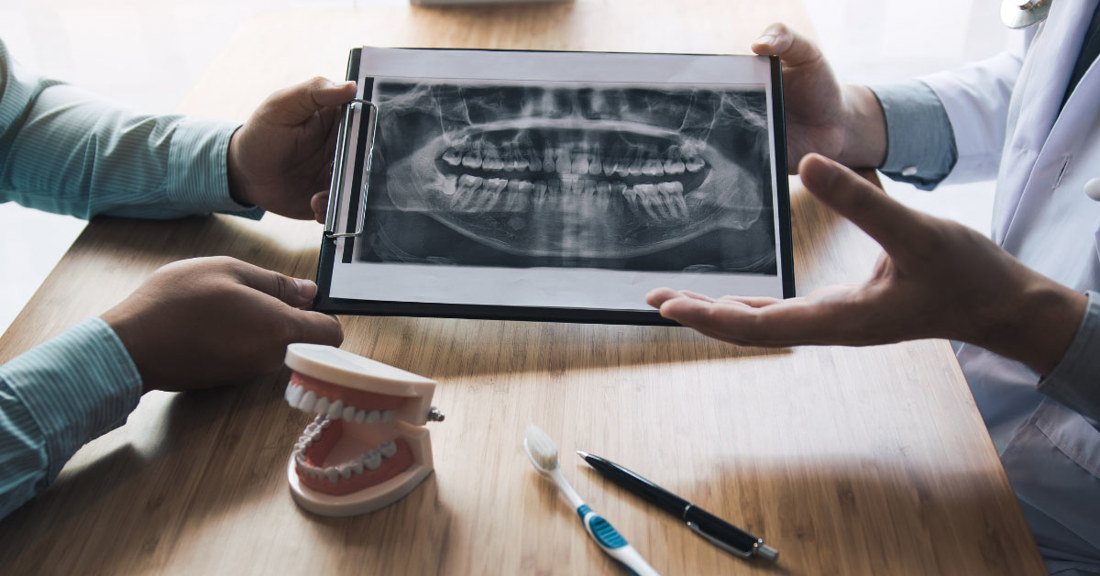Dental Anxiety

Do you get anxious or stressed at just the thought of going to the dentist?
You’re not alone. Many people have various levels of anxiety when facing dental visits.
What Causes Dental Anxiety?
There are many reasons why someone might feel anxious about going to the dentist. It is very personal, and examples can be from the smell, the feelings during treatment, ‘the needle’ or the drill.
There are different levels of anxiety, from mild anxiety up to true dental phobia.
Dentophobia can be a serious issue as some people will live in excruciating pain rather than book an appointment to see the dentist.
Everyone at 1300SMILES wants to take the anxiety and stress out of your visit and make your experience as least unpleasant and as comfortable as possible.
What Can Be Done
To ease dental anxiety, the following steps are important
- Communication
- Prevention and early intervention
Communication:
When you first call us, it is important to let our team know your situation right from the start. We will work with you on setting an appointment time and match you to a dentist that best suits your needs.
This way upon arrival your dentist will be fully aware of your situation before you even sit down in the chair. At your appointment the best thing you can do is talk with your dentist, take time to bond and discuss any concerns you have. Remember your dentist is a professional and will always take time to talk you through all aspects of your visit and will do anything within their power to put your mind at ease.
Over time once you and your dentist bond and establish a relationship of trust and understanding and it won’t be long until you and the dentist can manage your anxieties as best as possible.
Prevention and Early Intervention:
Prevention
An oral health prevention plan is key to reducing the need for extensive dental treatment.
- Brushing for at least 2 minutes, twice a day with flossing and interdental cleaning brushes
- Reducing sugar and fizzy drink intake
- Stop smoking (if appropriate)
- Regular check-up appointments with the dentist every 6 months
Early Intervention
With good oral health measures and regular visits to the dentist, any potential treatment can be anticipated as best as possible. Where possible, early intervention can mean the treatment is simpler and easier to complete.
However, if left untreated and without an established care routine you could run the risk of developing serious oral health issues. Serious oral health issues can be potentially painful and costly and will have you back at the dentist more often than you would like.
What Can Be Done For You?
There are certain processes and procedures that can be accessed to help manage dental anxiety, depending on your personal circumstance and also the treatment proposed
- CBT – Cognitive Behavioural Therapy – referral through your Doctor
- Oral relaxation medication – e.g. Valium from your Doctor before your dental appointment
- IHS/RA – ‘Happy Gas’ – Inhalation Sedation/Relative Analgesia – in the dental practice
- IV Sedation – Intra-Venous Sedation. Some dental practices offer IV services
- GA – General Anaesthetic – referral to specialists to carry out all treatment under GA
It is important that you get a full dental examination with full X-rays and then discuss any proposed treatment with your dentist to work out the best way for you to receive the best dental care.